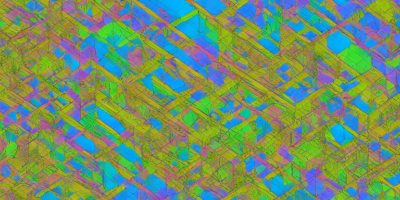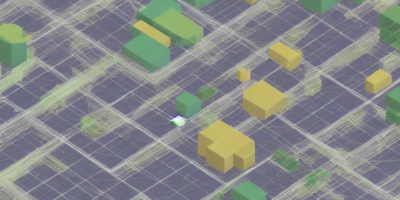In this paper, we introduce a new framework called END (Efficient Network Distribution) to improve the efficiency and reduce the redundancy in distributed algorithms. END is based on graph theory and provides a rigorous and algorithm-free way to describe how estimates of variables are allocated and combined among agents in any networked decision problem.
The main advantage of END is its versatility, as it can be applied to virtually any networked decision problem, including consensus optimization, game equilibrium seeking on networks, and common fixed point computation. Additionally, END allows for customization while maintaining a unified analysis, enabling the allocation of estimates to be tailored to specific problem instances based on efficiency criteria such as minimal memory allocation or bandwidth constraints.
In this paper, we demonstrate the effectiveness of END by applying it to the problem of generalized Nash equilibrium (GNE) seeking under partial-decision information. We show that our END algorithms achieve linear convergence and improved efficiency compared to existing methods.
To illustrate the potential of END, we design new algorithms for GNE seeking that can leverage the sparsity in cost functions, constraints, and aggregation values. Our numerical tests reveal significantly reduced communication and memory costs.
In summary, END is a powerful tool for optimizing distributed algorithms by allocating estimates among agents in a way that reduces redundancy and improves efficiency. By providing a flexible yet unified framework, END can be applied to various networked decision problems, including consensus optimization and game equilibrium seeking on networks. Our experiments demonstrate the effectiveness of END in reducing communication and memory costs, making it an attractive solution for distributed computing applications.
Mathematics, Optimization and Control
Efficient GNE Seeking under Partial-Decision Information via Graph-Theoretic Language END



